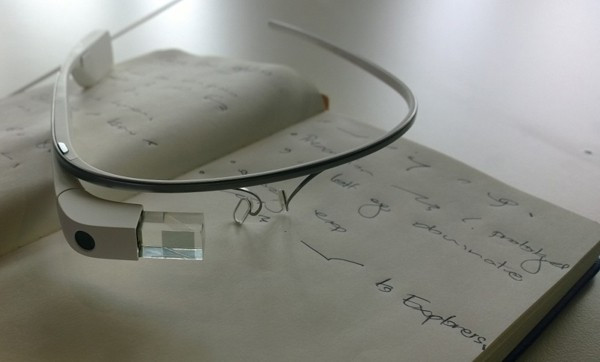Google Glass: Three Problems Google Needs to Solve
Google Glass could be a revolutionary product, but technology editor David Gilbert argues the search giant needs to fix three major problems first before it launches to the public.

Google is yet to announce when it is going to launch a consumer version of its much talked-about and hugely-hyped wearable technology Google Glass.
Thousands of Explorers are currently testing the glasses - almost exclusively in the US - and giving Google feedback about how they are finding the experience.
Google is doing its bit too to spread the word, this week inviting journalists to 'have a go' with Glass and meet one of a number of - for want of a better word - Glass Ambassadors, who are tasked with spreading the word about the new technology.
I have already tried Google Glass earlier this year, but I was eager to see if my initial impressions were valid, so I went along to Google's UK offices to see if anything had changed.
And it hadn't, the technology still excites me greatly, but there are three major issues that Google needs to address before launching a consumer edition of Glass.
Physical size
Somewhere in Google's Mountain View campus is a display showing off what the first ever prototype of Google Glass looked like. In short it featured a backpack hooked up to two large smartphones which were held in front of your eyes.
Two years on, what Google unveiled last year as the Explorer edition is a million miles from this bulky and cumbersome prototype.
But, despite the amazing technical feat of getting everything into the current Glass model, it is still not enough. Not nearly enough people will be comfortable wearing the current model on their heads for it to be a viable commercial product. It is too geeky looking.
For Google Glass to become a success, Google will need to integrate the technology into something approaching a normal pair of glasses/sunglasses. This is where the likes of Ray-Ban could come on board, to give Glass that final push it needs to become something people will want to wear, rather than some people would like to wear.
Counter the privacy scare-mongering
The biggest issue people who have never used Google Glass have with the product is a fear that they will be secretly recorded by someone using it, that their private conversations could be broadcast live to the internet for the whole world to see.
Setting aside the limitations of cellular connectivity in most places around the world for a moment; in its current form the device is very conspicuous and you will know if someone is recording you as you can see a little screen light up in the prism when a Glass user is recording video.
The big problem for Google is shouting down the loud and sometimes angry privacy brigade which seems to be giving out about Google Glass before they have even tried it for themselves. As with all new revolutionary technology of this kind, there is initial skepticism and fear.
Google will need a lot more Glass Ambassadors spreading the word to the public if they are to convince people there is nothing to worry about in terms of privacy (and there really is nothing to worry about) if the product is going to be adopted widely.
Refine what Glass does
Google Glass is not a replacement for your smartphone, tablet or laptop. While I'm in no doubt Rovio will launch a Glass version of Angry Birds, Glass has a very limited scope in terms of what it can do - or more specifically what it can do well - and Google needs to be a lot clearer about this.
At the moment there seems to be a perception that Glass will replace your smartphone, but just like Samsung's Galaxy Gear smartwatch, this is a companion device, which works in harmony with your smartphone.
Using your phone's cellular connection Glass is ideal for making and taking calls, quickly replying to emails and text messages or getting directions to meet your friends for dinner. The Glass Ambassador I spoke to last week said that while she may wear Glass for up to eight hours a day, it was only on for 10% of that time.
Glass works best when it means you don't have to take your phone out of your pocket to respond to a message or take a call. It makes proper hands-free connectivity a reality.
While developers will no doubt come up with hundreds or thousands of apps for Glass, Google should in my opinion limit what the device can do in order to highlight what it is brilliant at, otherwise it will become bloated and lost in a sea of apps which serve no purpose other than to sell advertising for the latest gambling or porn website.
© Copyright IBTimes 2025. All rights reserved.




















